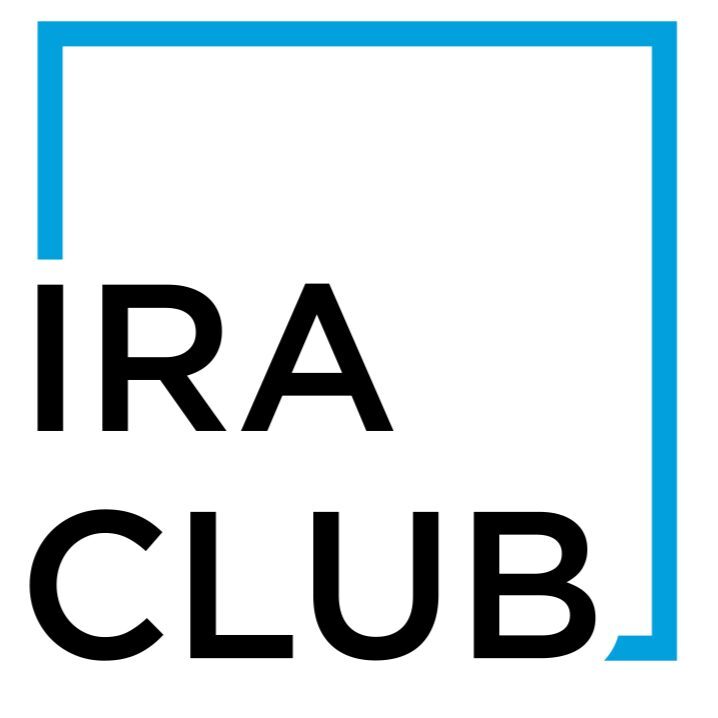5 Interesting IRA Facts
Situation 1:
John was age 55, working, and in good health. Each February, John would contribute for the previous year to his Roth IRA. However, tragedy struck. John was killed in an auto accident in late January.
His heirs, knowing John worked the previous year would have been eligible to contribute and intended to contribute, went ahead and made the annual contribution to his account with funds from John’s bank account.
Question:
Was that contribution allowed or declined?
Answer:
Declined. A contribution cannot be made to the account of the deceased.
Situation 2:
Peter was in the military. As such, he had Service Member’s Group Life Insurance. On the application, Peter named his sister as a beneficiary. Unfortunately, Peter became ill and died of natural causes unrelated to his military duty.
Questions:
- Must his sister accept the policy benefits, or could she elect to transfer the death benefit amount to a Roth IRA account for herself?
- What if she already had maxed out her Roth contribution for the year?
Answer:
Peter’s sister may transfer the policy proceeds to her Roth IRA, no strings attached, even if she had already maxed out that year’s contribution. This benefit applies to all branches of the military, including the Reserves.
Situation 3:
Joey and Claire have been married for 15 years. They had grown apart and decided divorce was the right step. Joey was a diligent saver and built a nice-sized Traditional IRA.
Claire was never a saver and has no interest in the IRA. Claire is now in need of money to help finance a new home.
Joey and Claire have agreed to split everything 50/50, so Joey already knows that Claire will be getting half the value of Joey’s IRA account.
Question:
Would you tell Joey to take a distribution of half the IRA and give it to Claire so that Claire can move on with their life?
Answer:
Even though Joey is trying to do a nice thing for Claire, Joey is better off doing nothing.
If Joey takes a distribution from the IRA to give funds to Claire, Joey will be hit with income tax on the value of the distribution from the IRA. Plus, a 10% early distribution penalty if Joey is under the age of 59½.
However, if Joey waits until the court orders the transfer of value from the IRA to Claire, there will be no income tax or penalty because Joey is acting on what the court ordered.
Situation 4:
You recently inherited a Traditional IRA that belonged to your mother. You were the sole beneficiary. You have a lot of experience with IRAs, and you know this inherited IRA is yours to do with as you see fit until the time it must be liquidated. (Ten years from the date of the death of the original owner).
Question:
Which of these things can you do with the inherited IRA you just received?
- Liquidate the holding and withdraw all the funds immediately. Yes, you may.
- Transfer the IRA from the brokerage house to a Self Directed IRA company. Yes, you may.
- Change some or all the investments it holds to better grow the value of the IRA . Yes, you may.
- Convert the Traditional IRA to a Roth IRA to improve the tax treatment at the time of liquidation. No, you may not.
- Make a contribution to the inherited IRA? No, you may not.
Situation 5:
- In these times for increasing Income Tax rates, people want to have as much as possible in a Roth account. The earnings made in a Roth account can be Income Tax Free when you achieve just two simple goals.
- You have attained the age of 59½.
- You have owned a Roth IRA for no less than five years.
Today, we are seeing many people converting their Traditional IRAs and old 401(k)s to Roth accounts.
Question:
Understanding there is a tax consequence when making a Roth conversion. Which account type can accept more Roth money:
- Roth IRA
- The Roth portion of a Solo 401(k)
- Both
Answer:
You would think they would be the same. However, they are not. How much of a Roth conversion may each accept?
- Roth IRA may accept an unlimited amount of conversions, from a:
-
- Traditional IRA
- SEP IRA
- Any IRA
- Any Defined Contribution Employer 401(k) Plan
- Any Defined Contribution Solo 401(k)
- 401(k) Plans accept no Roth conversions
For information about the Self Directed IRA or Solo 401k, call IRA Club at 312-795-0988
IRA Club offers no investments, products, or planning services. Therefore, please consult your attorney, tax professional, financial planner, and any other qualified person before making any investments. Be advised that IRA Club does not evaluate, review, monitor, recommend, warrant, guarantee, or otherwise endorse the legality, tax treatment, propriety, performance, or reliability of any investment, service, statement, opinion, or other representation provided with respect to the investment opportunities listed on its site or their sponsors or providers. IRA Club has no financial arrangement, partnership, joint venture, or other affiliation with the sponsors or providers of these investments. IRA Club shall not be liable for any misinformation, misrepresentation, negligence, act, omission, investment results, or any wrongdoing with respect to any of these investments or their sponsors or providers.




